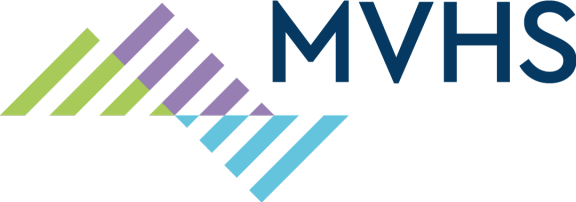Educational Program Overview
The PGY-1 Pharmacy Residency Program curriculum will provide experience in a variety of clinical settings under the guidance of select clinical and non-clinical pharmacy staff members. The residents will rotate through all campuses until we are merged into the new Wynn Hospital downtown location, anticipated in the fall of 2023.
The training experiences will be built upon 4, 6, and 8-week rotation blocks within the 12-month training program. Orientation will be followed by core required rotations and select elective rotations, based on availability of preceptors. The residents will also participate in year-long longitudinal experiences as part of their requirements for completion of the program.
The goal of the program is to prepare the resident to assume independent clinical practice by the end of their residency learning experiences. It will also prepare the resident to pursue a PGY- 2 program, fellowship, or academic position, depending on their career aspirations and goals.
Supplementing the residents’ clinical learning experiences will be journal club presentations, medication utilization evaluations, formulary drug reviews and teaching experiences.
Residents will also have the opportunity to contribute to the education of PharmD students through co-precepting responsibilities, as well as teaching opportunities in the St. Elizabeth College of Nursing.
Resident’s weekend responsibilities will include, but are not limited to, clinical pharmacokinetics, antimicrobial stewardship and pharmacy operational services.
Salary and Benefits
- Competitive stipend of $55,341 for one year, July 1 to June 30, plus fringe benefits, which include health, vision and dental insurance
- Paid travel expenses for relevant required meetings
- 20 working days paid-time-off allowance
- Paid working days for interviews, ASHP Midyear Conference and Regional Residency Conference.
Qualifications
- Doctor of Pharmacy (PharmD) degree from an accredited College of Pharmacy
- Licensure or eligibility for licensure in NY State by the beginning of the residency or within 120 days
- United States Citizen.
Educational Program Highlights
- Advancing Practice and Improving Patient Care (Longitudinal) – 40 weeks
- Ambulatory Care – Diabetes Population (Longitudinal) – 40 weeks
- Pharmacy Operations/Staffing (Longitudinal) – 40 weeks
- Research Project (Longitudinal) – 52 weeks
- Teaching, Education and Dissemination of Knowledge (Longitudinal) – 52 weeks
- Orientation: Pharmacy Operations/Staffing – 4 weeks
- Sterile Compounding – 4 weeks
- Antimicrobial Stewardship – 4 weeks
- Infectious Disease – 4 weeks
- Internal Medicine/Hospitalist Service-I – 4 weeks
- Internal Medicine/Hospitalist Service-II – 4 weeks
- Family Practice – 6 weeks
- Critical Care – 6 weeks
- Emergency Medicine – 6 weeks
- Oncology – 6 weeks
- Pharmacy Administration (elective/TBD) 2-4 weeks

